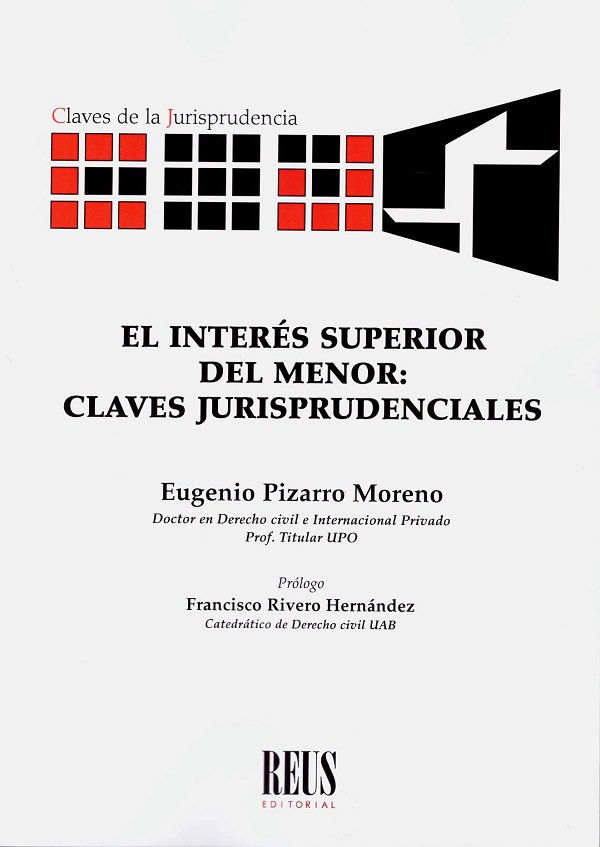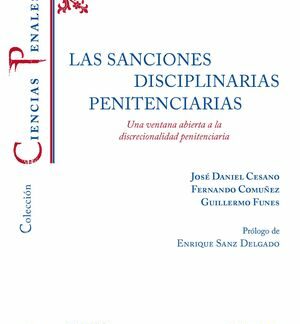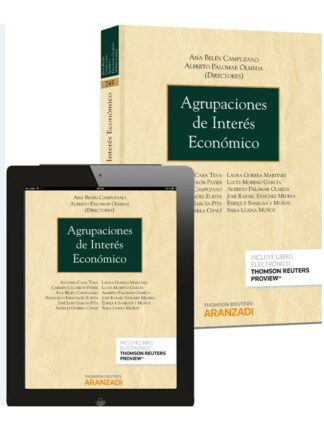Descripción
El clásico principio, convertido en realidad y norma, del interés superior del menor precisaba un trabajo de investigación que multiplicara su funcionalidad teórica a partir de los supuestos que, de facto, se dan en la práctica jurisprudencial. Es ésta una monografía útil tanto para el investigador —que encontrará en ella una elaborada confección del principio y la norma—, como para el jurista en ejercicio, que encontrará en ella la resolución de los enfoques prácticos que la realidad plantea.
Introduction: Mapping the Founding
Richard Albert and Menaka Guruswamy
1. Between Fact and Norm: Narrative and the Constitutionalisation of Founding Moments
Ming-Sung Kuo
2. Th e Role of Courts in Advancing Constitutional Moments: Constitutionalising the Constitution in Singapore and Hong Kong
Swati Jhaveri
3. Foundation and Revolution: Hannah Arendt and the Problem of Legitimacy and Stability in Constitutional Consolidation
Mel A Topf
4. I am Not Your (Founding) Father
Mikolaj Barczentewicz
5. ‘And Then They Begin to Look after the History of Their Founders’: (Re)configurations of the Founding in the Early Republic
Simon Gilhooley
6. Under the Shadow of the Constitutional Revolution? Revisiting Israel’s Founding Moments
Yair Sagy
7. Path-Dependency in Soviet and Russian Constitution-Making
Eugene D Mazo
8. ‘Founding Moments’ in Latin America? Th e Brazilian and Chilean Constitutional Histories and the Rise of the Forgotten People
Juliano Zaiden Benvindo
9. We the Taiwanese People: A Constitution with Two Antagonistic Constitutional Identities
Chien-Chih Lin
10. What’s in a Founding? Founding Moments and Pakistan’s ‘Permanent Constitution’ of 1973
Maryam S Khan
11. A Founding Moment in Iraq: A Gender Perspective
Noga Efrati
Conclusion: Rethinking Founding Moments
Nishchal Basnyat
JOSEP PLA, Escritor español en lenguas catalana y castellana.Nacido en el seno de una familia de propietarios rurales, Pla estudió Derecho en Barcelona y se dedicó al periodismo. Al estallar la guerra civil, se trasladó a su casa de Llofriu y, más tarde, residió en París y Roma. Al terminar la guerra, regresó a España y comenzó a colaborar con la revista Destino. Josep Pla es uno de los escritores más importantes del siglo XX en lengua catalana.




